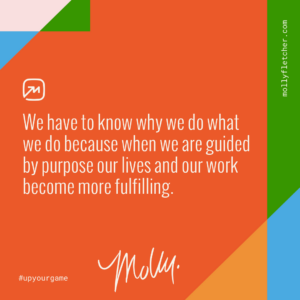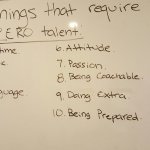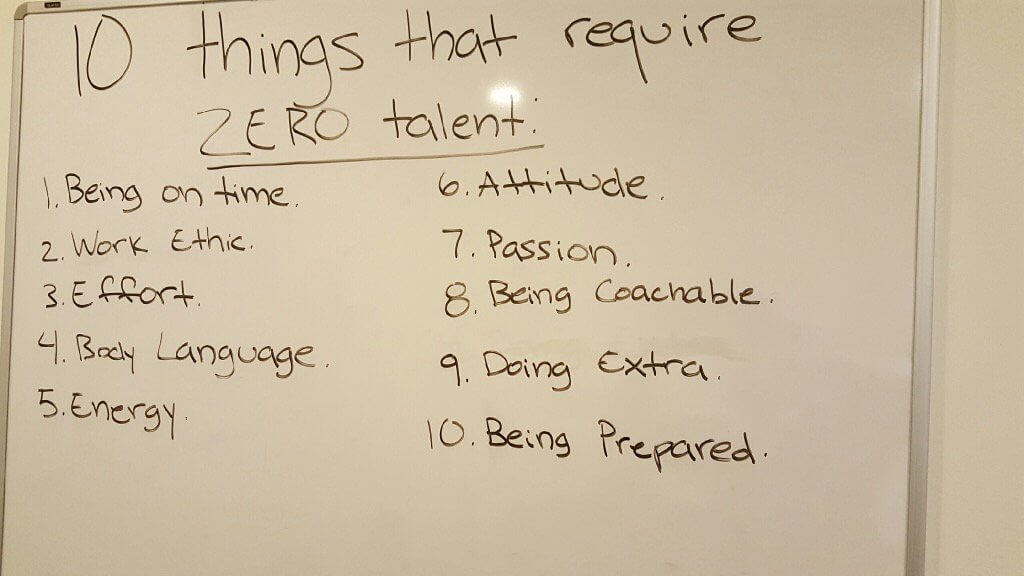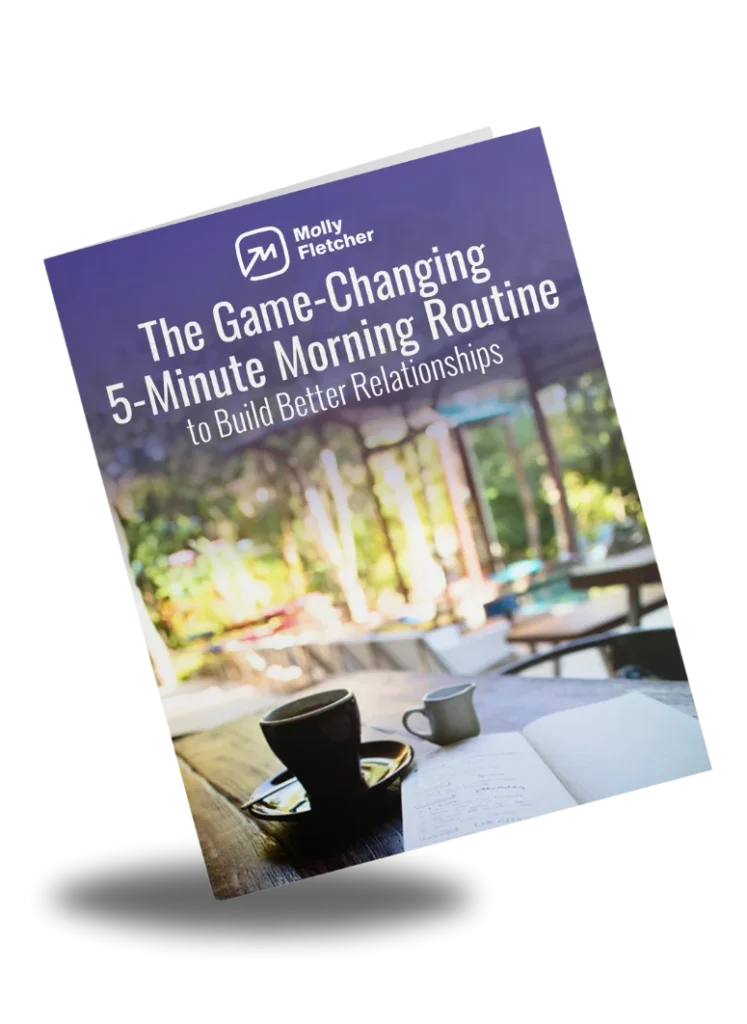Has The Great Resignation become The Great Regret? You’ve probably heard the staggering statistics about the number of people who have left their jobs during the pandemic. Chances are you know someone who recently switched careers—maybe that person is you! Whether the choice was made due to the impact of the pandemic, burnout, or the opportunity for higher compensation or benefits, people are shaking things up. However, according to a recent poll by USA Today only 26% of those who have changed jobs during The Great Resignation like their new job enough to stay.
So how can you be sure that you won’t make a decision that you will regret?
What is The Great Regret?
As The Great Resignation continues with 4.4. million Americans quitting their job in the last month, many employees are weighing difficult decisions about potential job and career changes. Evaluating the pros and cons of leaving your role for a new one can feel overwhelming and many employees who have been a part of The Great Resignation are regretting their choice.
USA Today has coined this wave of regret The Great Regret. According to a recent poll by USA Today, one in five workers regrets quitting their old job over the past two years, and only 26% like their new job well enough to stay. Additionally, 30% of respondents felt their new role was different from what they had expected and 36% percent felt their work-life balance has suffered as a result of their recent job change.
We all know that competition to retain and attract talent has become even more competitive throughout The Great Resignation. More and more it seems eye-catching job titles and puffed-up job descriptions are false doors luring workers to new roles that aren’t as described. So how can workers know if it’s really time to leave their current roles and if the greener pastures on the other side of the fence really offer a better opportunity?
2 Things to Consider Before a Job Change
Do me a favor. If you’re one of those people that’s considering hopping, take time to get clear on these two things.
Number one: Are you searching for purpose in another job when it’s possible to find it right where you are? If you’re considering leaving your role due to burnout, do you know what the source of your burnout is? Could it be a boss? Is it a colleague? Maybe it’s a toxic work environment? Or, is it a daily task that drains your energy? As Rebecca Minkoff shared on my podcast, sometimes work is self-care too. When you do the work to root out the source of your burnout, you’ll create a clearer picture of if your happiness in your current role is salvageable. An honest conversation with your manager about what is draining your energy could reignite your passion for your current role!
Number two: Recognize that when we know why we do what we do, it changes how we show up in that role. When evaluating a new role, ask yourself, “Is this new role aligning more deeply with your purpose? Will it bring more fulfillment?” Because here’s the thing, when our work becomes unfulfilling, it can burn us out. We will always be dissatisfied with a new role, no matter the compensation, fancy benefits, etc. if we don’t know why we do what we do. We have to do the work to understand our why because when we are guided by purpose our lives and our work become more fulfilling.

Your Game Changer Takeaway
My challenge to those considering a job or career change is don’t let your judgment be clouded by a fancy job title, compensation, or cushy benefits, but instead, take the time to truly weigh the pros and cons. Ensure you won’t live to regret your decision by doing the work to clean up your side of the fence before hopping it. Get clear on your why and make sure the new role will align with your purpose in order to find fulfillment in your work.
Additionally, remember that interviews are your opportunity to ask the hiring manager important questions so you’re not blindsided by a role that is nothing like what you read on the Linkedin ad. Consider asking questions like, “What will my hours look like?” and “Describe the team structure and team culture?” If you need flexibility make sure you ask about that and negotiate it upfront. Don’t be a part of both The Great Resignation and The Great Regret.
More on Purpose and Burnout:
- 134- Rebecca Minkoff on Break the Rules and Re-Write Your Life
- How to Help Your Team Break Free from Burnout
- How to Avoid Employee Burnout
- Why Employee Experience Should be a Top Concern for Leaders
The Molly Fletcher Company inspires leaders, teams and organizations to up their game. A keynote speaker and author, Molly draws on her decades of experiences working as a sports agent. Her company offers training and coaching programs to help leaders unleash their potential, including: Game Changer Negotiation Training, which teaches business people a framework for successful negotiating; The Energized Leader training, which teaches people how to manage their energy to achieve focus and freedom; and a monthly coaching program, Game Changer Leadership Huddles, to help members recharge their purpose and mindset. Sign up to receive our newsletter, subscribe to the Game Changers with Molly Fletcher podcast, and watch her TED Talk on The Secrets to a Champion Mindset.
















